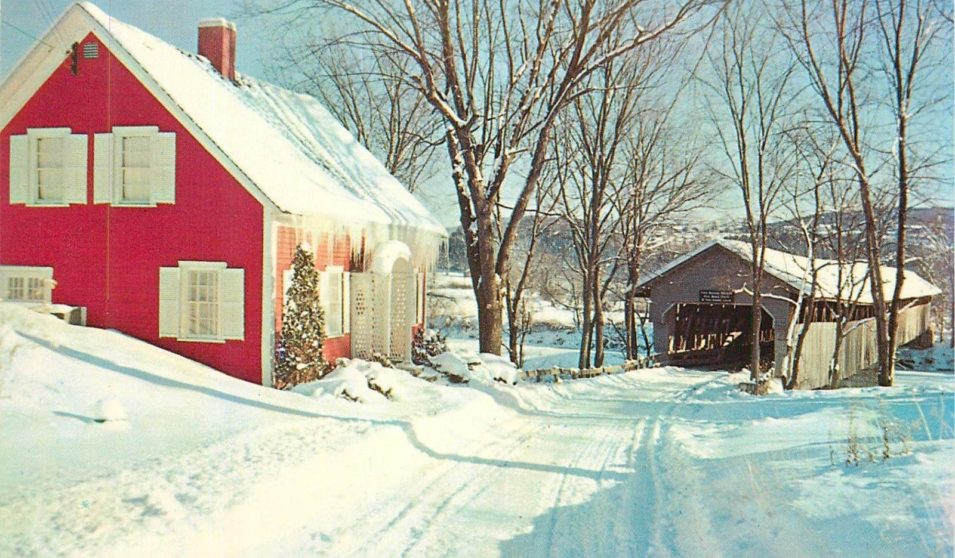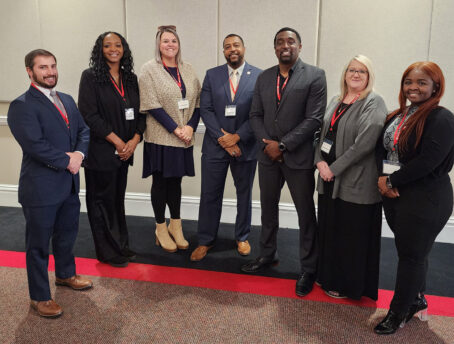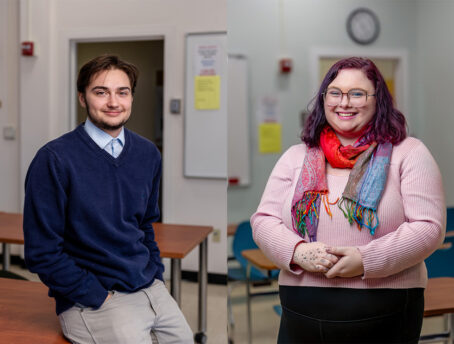The Rural Schools Collaborative interviewed Dr. Linda L. Carrier from the Rural Educational Leaders Network (RELN) to talk about their participation in a Social Media Workshop hosted at Plymouth State University (PSU). Dr. Carrier currently is an Assistant Professor of Educational Leadership at Plymouth State University, coordinator of the Curriculum Administrator and Superintendent licensure programs, and the facilitator for the Rural Educational Leaders Network.
The Rural Educational Leaders Network (RELN) and Plymouth State serve as anchors for the Rural Schools Collaborative New England hub. RELN is made possible through the generous philanthropy of Ms. Ann Haggart. Born from Ann’s vision, the mission of RELN is to develop and support a professional network for New Hampshire’s Rural School and District leaders:
Our mission is to provide a professional network for new Hampshire’s rural school and district leaders. Together we focus on developing the partnership between schools and communities and developing our leadership practice. (Rural Educational Leaders Network)
We are pleased to share our interview with Dr. Linda Carrier (pictured) on the importance of stories and social media:
Did you grow up in a rural place?
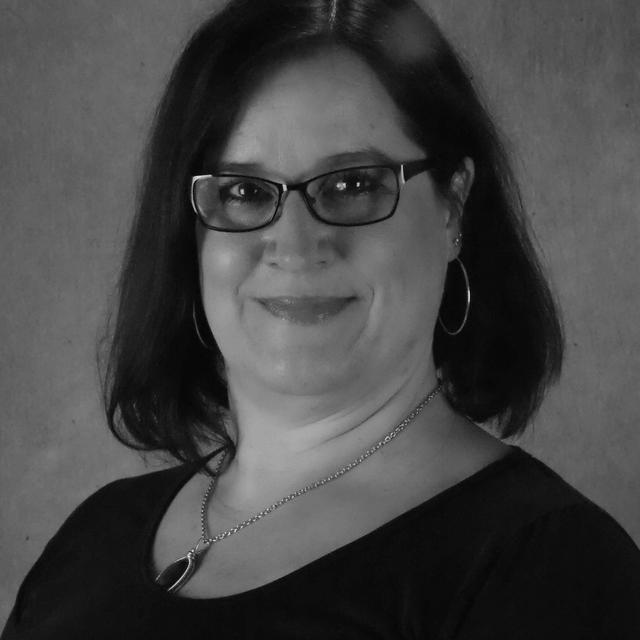
Yes, I did grow up in a rural community, a little town called Southampton in western Massachusetts. The year I was born there were a few more than 2,000 people that lived in our little 29 square miles. By the time I graduated from high school that number had doubled.
Our town has the quintessential rural New England appearance. The school we attended first and second grade in is prominently placed in the town center, right next to the white Congregational church and our little fire station. My father went to the same school for first grade through eighth. Of course, when he was in school, there were only about 1000 people in town.
What did you do before joining the Rural Educational Leaders Network? What inspired you to choose this career?
In addition to my work facilitating the Rural Educational Leaders Network (RELN), I am an Assistant Professor of Educational Leadership at Plymouth State University in Plymouth, New Hampshire. Prior to that, I was an educator in the public-school system in Western Massachusetts. I served in building level and district level administrative roles and actually began my career in education as a music teacher.
Why did I become an educator? In all honesty it was the amazing teachers that I had. When I grew up, we were fortunate to not have the issue of rural teacher retention effecting our school experience. Our teachers predominantly lived in town or were heavily involved in town. They knew our families and were well respected for the role they played in the community. They made such a difference for each of us; we weren’t test scores to raise. We were people, future members of the community, to develop. Every one of them was an inspiration and each led me to become an educator.
What areas does RELN focus on?
RELN is at its core is about developing the connection between schools and place. By that I mean, we really work to develop the school/community partnership so that they are experienced as mutually beneficial. We do that by developing our own leadership practices and by actively engaging community groups in our process. Our specific foci are identified by the members as points they really want to drill into and work on together. This year, for example, the members have decided to focus on how to tell their school’s story. The Marketing Communication and Creative Services Department from Plymouth State University, as well as a reporter from our local news station, partnered with us in that work.
What are the biggest challenges facing small towns in New Hampshire?
Funding. I’m sure there are folks that will think “of course she said that, everyone says that”. But for New Hampshire small towns, that really is the biggest challenge. Because of our strong system of local control, the towns pay the lion’s share of school funding through property taxes – the state level per pupil contribution is very small. If the community is property tax rich, its school funding is much healthier than those communities that are property tax poor. Added to this is a state formula that is decreasing the state appropriation for school funding, which is resulting in tax increases in property tax poor communities. Outmigration from some of our rural areas has been an issue for the past decade, because of loss of traditional industries, but the increasing tax rate in many of these rural communities is adding new pressure for folks to make decisions about whether to stay or move. Over the past few years, we’ve seen some school closings as a result of the funding issue. It’s very concerning.
Tell us about the social media marketing workshop at Plymouth State University. (What is it? Who was there? And why did you think about it?)
I would like to take credit for it, but our meeting focus comes from the members; it's just my role to gather resources and put them together in a way that helps everyone engage in their own learning process; and for the network to develop as a professional resource in our state. There were about 20 members present, which is typical for our one day meeting. We met at White Mountains Regional High School in the town of Whitefield. Their principal, assistant principal, and district curriculum director are all members and were all part of the conversation. Morgan Navarro and Corey Hoyt from the Plymouth State Marketing Communications and Creative Services Department were our guest speakers. They talked us through how social media could be used to tell our stories, how to begin using social media for that purpose, and the platforms best suited for our audiences and communication goals. Then they spent time doing small group and one-on-one coaching with folks. Personally, one of my favorite takeaways was to create a calendar of topics that we will be creating content about during the year
How can social media help achieve your mission at RELN?
Hmm…that’s an interesting question. Telling the rural story has always been important. In the year 2019, it’s become critical. If we aren’t able to tell our stories effectively and to tell them in a way that gets to the audience that needs to hear them most, our rural communities will continue to experience the type of funding issues I described earlier; outmigration of youth; school closures; and, teacher, principal, and superintendent recruitment and retention issues. Whether we are all happy with the place social media has in our communication pathways or not, it’s here, it’s strong, and it can provide an effective platform for engaging people. As rural educational leaders, we have to maximize this new resource to reach our target audiences if we are going to effectively partner with our communities and become impactful advocates for rural education. It simply gives our voices an opportunity to be heard, engaged with, and shared.
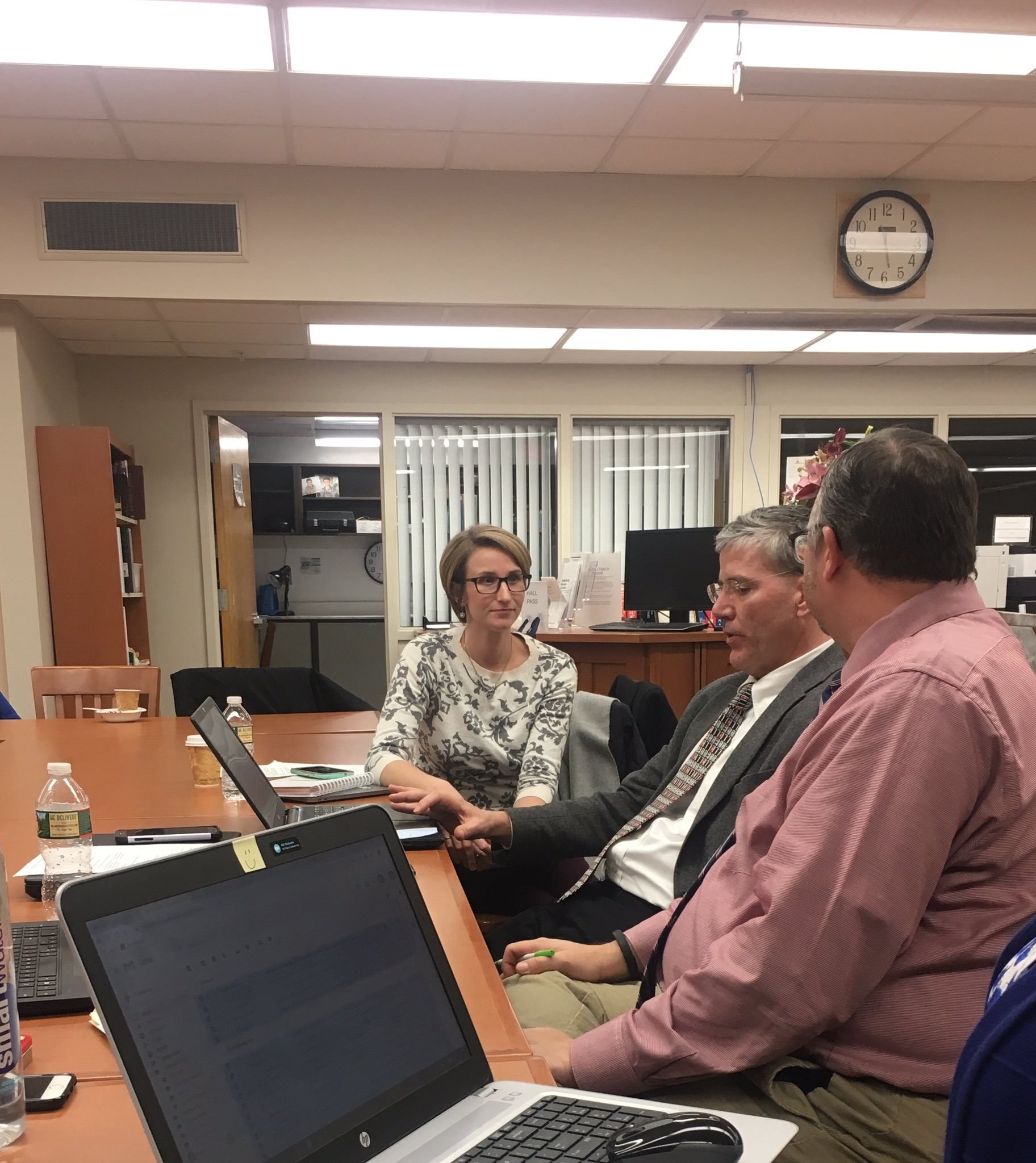
For RELN as an organization, I think it will help us with how we get our organization and member stories told; and it will help us develop our place as advocates for rural education in the state and New England region. Because of our work as a Rural Schools Collaborative Hub, we have a national audience, so hopefully we can do our little part to provide impact at that level as well. For our members, their audience is their community. Once they are able to develop their practices around using social media to tell their stories to their community, we’ll be able to help them tell their stories to the state, regional, and national audience of the full organization.
What message would RELN like to deliver to Rural America?
When schools and communities can become mutually beneficial partners, everyone wins. Kids benefit from rich place based learning experiences. Communities retain and attract youth (20-30 year olds). Schools are turning out young people that are prepared to be meaningful participants of their community. By that I mean, it’s not just about going off to college, but about going off to college and coming back with new ideas and skills that can support local economies. Those who don’t go to college are prepared to also participate in the local economy in a way that supports the development of new economic opportunities.
What advice would you give to people who believe in a thriving rural future?
Rural schools matter to your community. We know that the loss of the school leads to the loss of community. Exhaust every option before you allow the closing of a school and develop the kind of school/community partnership I described earlier as a strategy for supporting that effort.
We thank Dr. Carrier for talking to us about RELN and the Social Media Workshop.
We invite you to learn more about RELN and our New England hub.

